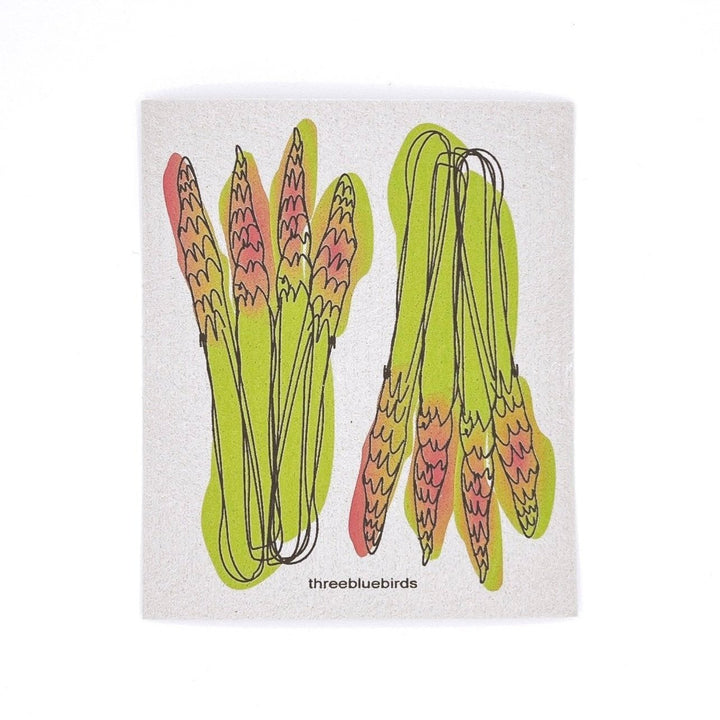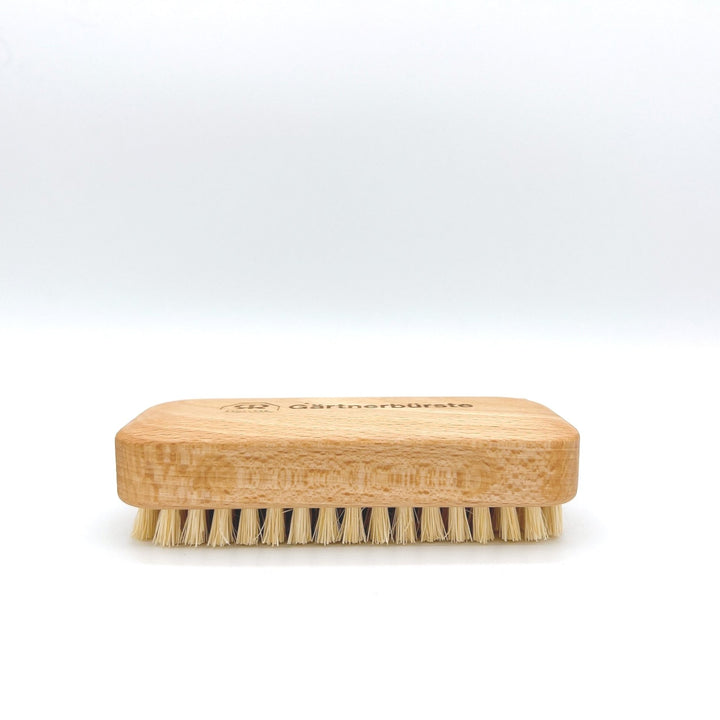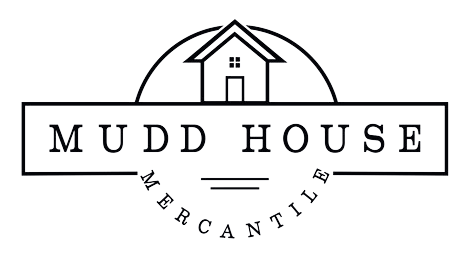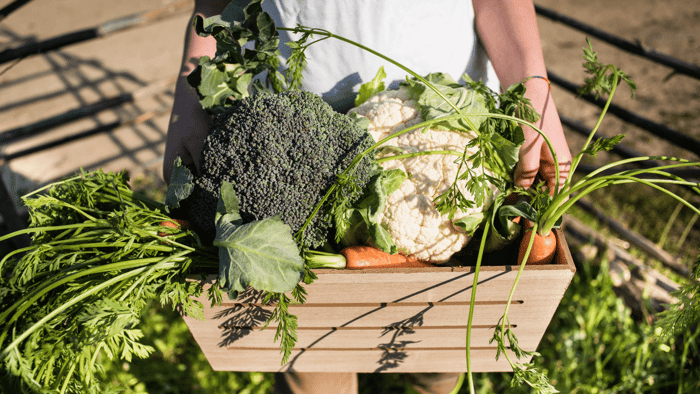In our ever-evolving, tech-saturated, convenience-driven world, it’s easy to forget that not long ago, people lived slower, lighter, and closer to the earth. As modern movements in zero waste and sustainable living gain traction, we often look forward—toward innovation and invention. But what if the most meaningful lessons lie behind us?
That’s the idea behind a growing movement to rediscover and celebrate the old ways. These traditions were inherently more earth-friendly—not because people were environmentalists, but because they had to be. They lived within their means, used what they had, and crafted their lives with care and creativity.
Let’s explore the wisdom passed down through generations, inspired by grandparents who grew their own food, mended their clothes, and wasted little. This isn’t about romanticizing the past—it’s about reconnecting with sustainable practices that still hold value today.
Clothing That Lasts: The Art of Textiles and the Downfall of Fast Fashion
Before fast fashion flooded our closets with synthetic, throwaway garments, textiles were prized and preserved. Clothing was made to last—crafted from durable materials like hemp and wool. Wool, for instance, is not only biodegradable and breathable, but it’s naturally odor-resistant and temperature-regulating. It was the go-to fabric for winter warmth before plastic-based fleece hit the shelves.
Hemp, once a staple crop in America, produced some of the strongest natural fibers for clothing. Properly cared for, a hemp shirt could last decades—far longer than today’s polyester t-shirts.
Today, fast fashion ranks among the biggest environmental offenders, driving both carbon emissions and microplastic pollution. Opting for durable, natural fiber products is a subtle yet powerful act of resistance—and a meaningful move toward a more sustainable future.
Want to start small? Swap out synthetic washcloths for Marley’s Monsters Bamboo Washcloths. They’re reusable, washable, and made to last.
Less Stuff, More Life: Minimalism Before It Was Cool
A few decades ago, people simply had less—and they made it work. Homes were smaller, often shared with extended family. The kitchen was the warm heart of the home, often the only room heated in winter. Families owned one television, one car, and made do with what they had. If something broke, they fixed it.
There were no drawers full of single-use plastic gadgets. No monthly Amazon hauls. No wasteful remodels just because a trend changed. Furniture was cherished and repaired. Clothes had patches. Socks were darned. Even produce was local and seasonal. Out-of-season vegetables from across the world were unheard of.
This mindset is finding its way back, thanks in part to zero-waste and minimalist movements. Buying less, using things longer, and focusing on quality over quantity are not new ideas—they’re ancestral wisdom.
Need to embrace this mindset? Start in the kitchen with Three Bluebirds Swedish Dishcloths, a reusable, compostable alternative to paper towels that last for months and replace 17 rolls of paper towels each.
Three Bluebirds Swedish Dishcloths

$6.95
Upgrade Your Cleaning Game Transform your cleaning routine with Three Bluebirds Swedish Dishcloths—an eco-friendly choice that enhances efficiency, durability, and sustainability. Perfect for those who shop zero waste and are committed to a more sustainable lifestyle, these dish cloths are… read more
Everyday Eco Habits
Before dryers and dishwashers took over, people used the sun and air to dry their clothes and dishes. Line drying isn’t just quaint—it saves energy, makes your clothes last longer, and adds a touch of fresh air to your laundry routine.
Other small but mighty practices include capturing rinse water from fruits and veggies to water plants, turning off lights when leaving a room, and wearing an extra sweater instead of cranking the heat. These simple habits were common sense—not sustainability slogans.
Biking or walking for short trips used to be the norm, and guess what? It still works. It's a healthier, more affordable choice—and it’s far better for the environment.
Bring back grandma’s sensibility with simple tools like Wooden Clothespins—durable, reusable, and perfect for line drying. Small switches like these help revive everyday eco habits with lasting impact.
Bring Your Own Bag—And a Cart!
Remember when grocery stores offered only paper bags? Plastic was pushed as the modern, tree-saving alternative. But now we know better: plastic lingers for centuries, chokes oceans, and harms wildlife.
Paper bags, while not perfect, are biodegradable and compostable. Better yet? Reusable cloth bags, or even better—a wheeled shopping cart. Inspired by one woman’s post-college life, a tall cart made it easy to lug groceries home on foot or via public transport. It’s the kind of practical solution that supports sustainable living without a car.
This is especially powerful in food deserts or urban neighborhoods where a car-free lifestyle is possible. Replacing plastic and embracing utility? That’s sustainable living at its best.
Speaking of reusables—EcoBags Market String Bags are the perfect alternative. Lightweight, durable, and easy to fold, these string bags are perfect for everything from fresh produce to everyday shopping trips.
Kitchen Cloths and Compost
Before paper towels, there were rags, cloths, and aprons. These weren’t niche products for eco-minded folks—they were the default. One cloth did it all: clean, cook, wipe, repeat. And when it wore out? Into the compost or rag bin it went.
Food scraps didn’t head to landfills—they became compost, nourishing the soil for next season’s crops. Every peel, core, and eggshell had a purpose. These habits connected people to the earth in a closed-loop system we’re only now trying to revive.
Try using Marley’s Monsters Unpaper Towels instead of paper towels. These eco-friendly alternatives are washable, long-lasting, and perfect for cleaning, wiping, and all your kitchen tasks.
Composting your scraps? It’s easier than ever with countertop bins and city-wide composting programs. And if you have a garden, your plants will thank you.
Victory Gardens: Growing Hope, One Tomato at a Time
During WWII, families across the U.S. and Europe grew “Victory Gardens” to supplement food rations. Lawns were transformed into veggie patches, and community gardens fed neighborhoods. It was practical, patriotic, and deeply sustainable.
That spirit is coming back—just look at the explosion of urban gardening, backyard chickens, and balcony herb pots. With food prices rising and supply chains faltering, more people are turning to homegrown food.
Start with easy crops like tomatoes, lettuce, or herbs. Don’t have a yard? A sunny windowsill or patio can still produce impressive harvests. Even composting can be done in small spaces with worm bins or bokashi systems.
Equip yourself with useful tools like the Redecker Plant Shovel and Redecker Gardener's Nail Brush—both designed for efficient and sustainable gardening. These eco-friendly tools will help you nurture your garden and keep your hands clean while working in the dirt.
Gardener's Nail Brush

$12.00
Essential Eco-Friendly Gardening Tool Introducing the Gardener’s Nail Brush by Redecker—a must-have for keeping your nails clean and supporting a green gardening routine. Made with natural beechwood and plant-based tampico fibers, this brush offers both durability and sustainability. Why It’s… read more
A Call to Reconnect
Recent studies continue to highlight the pervasive nature of plastic pollution. In early 2025, researchers discovered significant levels of microplastics in Antarctic snow, underscoring that even the most remote regions are not immune to human-made contaminants. This revelation emphasizes the far-reaching impact of our daily choices—what we wear, how we clean, and how we travel—all contributing to global environmental challenges.
(Source: "Microplastic pollution found 'pervasive' in Antarctic snow," Douglas Main, The New Lede, February 3, 2025)
The silver lining? Awareness is growing. From Europe to the U.S., zero-waste shops are gaining popularity. Educational programs are teaching composting and repair skills, and communities are organizing tool libraries and seed swaps. These initiatives reflect a collective effort to return to slower, smarter living.
Earth-friendly products are more than a trend—they represent a global movement towards sustainable living. By embracing practices from the past, we can forge a healthier future for our planet.
The Future is Rooted in the Past
Sustainable living doesn’t always require radical reinvention. Sometimes, it means slowing down and remembering how those before us lived—with care, with creativity, and with a deep respect for the resources around them.
Our grandparents didn’t need a movement to live sustainably—they just did. They fixed instead of replaced. They shared instead of hoarded. They grew, saved, mended, and reused—not out of trend, but out of wisdom.
At Mudd House Mercantile, we believe those old ways still have so much to teach us. That’s why we offer products that echo that quiet wisdom—tools and goods that support a slower, gentler, more intentional way of life. Whether it's reusable kitchen cloths, compostable brushes, or everyday swaps for single-use items, every product is a small step toward a lighter footprint.
Because sustainability isn’t about being perfect—it’s about being present. It’s about making small, consistent choices that add up to lasting change.
Let’s honor the past, embrace the present, and shape a future that’s lighter on the earth—and richer in meaning.
Start where you are. Begin with what you have. And explore the journey with us at Mudd House Mercantile—where timeless wisdom meets everyday sustainability.

